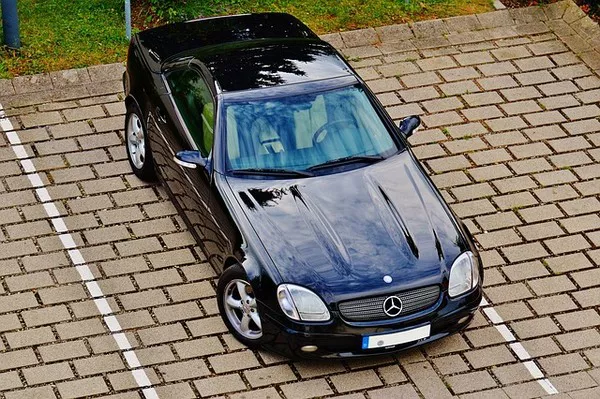Mercedes, the epitome of Formula One success, holds an illustrious legacy as the most dominant team in the sport’s history. Garnering eight consecutive constructors’ and drivers’ championships from 2014 to 2021, the team’s prowess is a testament to its strategic excellence and technical innovation. The burning question now is how their engine evolution will shape their performance in the upcoming 2023 season.
The Engine Heritage of Mercedes
Mercedes’ involvement in Formula One dates back to the sport’s inception in 1950, with a remarkable period of domination between 1954 and 1955. Capturing two constructors’ championships and five drivers’ championships during this era, Mercedes solidified its place in F1 lore. However, the tragic events at Le Mans in 1955 led to the team’s withdrawal from racing until their resurgence as a constructor in 2010.
Beyond their role as a constructor, Mercedes has left an indelible mark as an engine supplier, propelling legends like Michael Schumacher and Mika Hakkinen to glory. Their engines have powered teams such as Brawn GP, McLaren, and Williams, contributing to 13 constructors’ championships and 16 drivers’ championships.
Revolutionizing the Hybrid Era
The turning point for Mercedes came with the advent of the hybrid era in 2014. Armed with a cutting-edge hybrid engine, the team embarked on an unprecedented journey of dominance. Winning every championship from 2014 to 2021, Mercedes rewrote the record books, setting new standards for victories, pole positions, podium finishes, and points.
The Road Ahead: Mercedes’ Engine Strategy
Speculation was rife that Mercedes might transition to Renault or Honda engines in 2023. However, the team has unequivocally asserted its commitment to its own engine. This decision is underpinned by substantial investments in their hybrid engine technology, the cornerstone of their triumphs. A newly inked Concorde Agreement reaffirms Mercedes’ dedication to Formula One through at least 2025.
The upcoming season will see Mercedes deploying an enhanced iteration of their hybrid engine, the bedrock of their eight consecutive titles. Adapting to new regulations, the team will introduce technological refinements to maintain their competitive edge. Collaborating closely with partner teams Aston Martin and Williams, Mercedes aims to capitalize on a stable engine supply.
Pioneering for the Future
Mercedes is not content to rest on its laurels. Plans are already in motion for a revolutionary power unit designed for the anticipated hybrid vehicle regulations, set to debut in 2026. Embracing synthetic fuels or e-fuels instead of fossil fuels, this innovation embodies environmental consciousness. By pushing the boundaries of technology, Mercedes aims to lead the charge in Formula One’s sustainable evolution while upholding the sport’s environmental commitments.
The saga of Mercedes’ engine evolution is a testament to their unwavering commitment to excellence, adaptability, and the pursuit of a greener future. As the engines roar to life in the 2023 season, the world watches with anticipation to witness the next chapter in the legacy of the mighty Silver Arrows.

